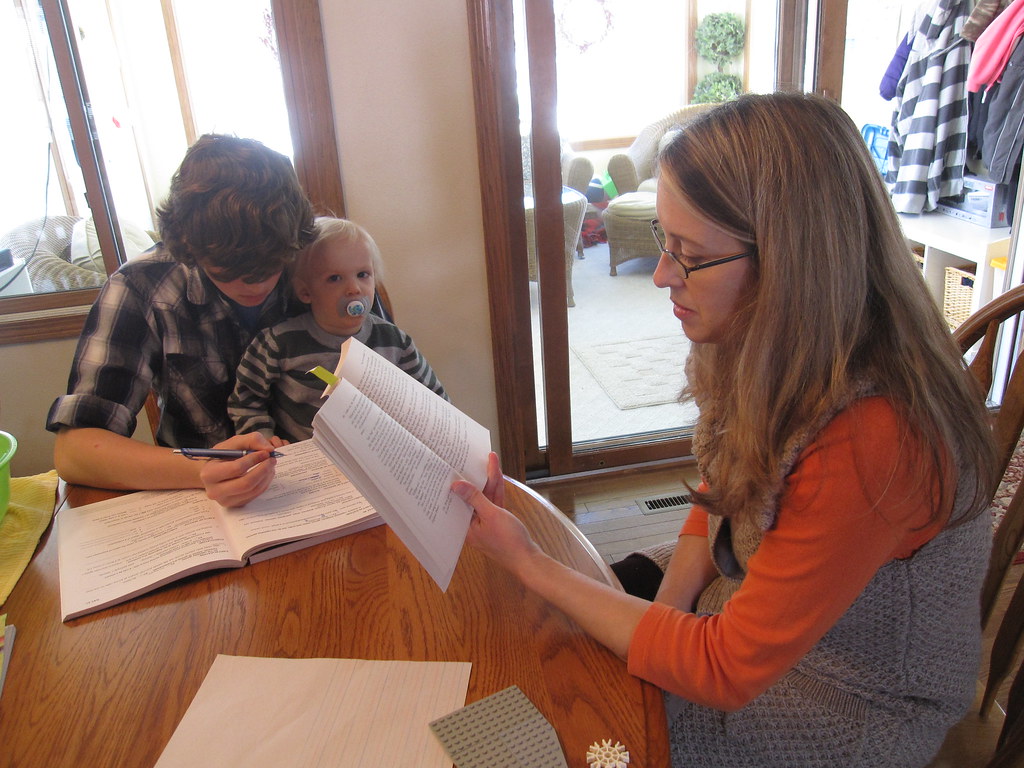As the coronavirus continues to sweep around the globe, most countries are on lockdown and schools are totally closed with no assurance of opening anytime soon says Surijit Khanna, Child Advocate from New York. Children who spent hours in a structured learning environment are now stuck at home for weeks even to months and homeschooling is the only option left for parents.
Although many schools have provided study materials for their students before the lockdown and some are running online classes. However, getting the full curriculum seems impossible as they can only get a few hours of educational activities. This means for children to get the most of this time when it comes to academics, parent’s supervision and control are inevitable. Here is what an expert, a child safety advocate and a champion of Voice of the Kids, Dr. Surijit Khanna has to say about homeschooling for kids during the coronavirus pandemic. Read on!
Table of Contents
1. Relax: Emotional and Mental Health is Important
With parents juggling between working from home and homeschooling the kids coupled with the pandemic affecting a lot of lives, it is safe to say it’s OK to feel exhausted, upset and stressed. At this time parent tend to be worried about children not getting productive and their level of progress. However, your state of mind will always affect your kids and this can affect their overall functioning in learning. “Therefore, this is not the time to fret about children lagging behind, but a time to craft out ways you can make their time academic productive. Children will not remember completing that science subject or what you try to teach them, but they will remember who you are, the impression they had and the whole mood.” Surijit Khanna says.
2. Have a Schedule for Homeschooling
The first thing is to create a schedule that kids will stick while at home. Let them get dressed, breakfasted and be ready for their homeschooling classes by 8:30 on weekdays. Your kids are following a strict schedule in school, have a timetable set for them at home as well. Don’t forget to chalk out time for sleep, meal and recess time and other activities apart from academics. This will get them prepared for returning back to school.
3. Create a Proper Learning Environment
Younger kids might not be having a separate room that they can use in learning, but there are creative ways of making out one that will appear like they are in a structured learning environment. Think of a space in the house. What can be cleared out or removed? How can it be arranged to turn it into a proper work environment? Moreover, you can get a study desk and let them know is meant for studying alone-not eating, not playing or watching TV. You can also consider sharing your workspace with them if you are working from home.
4. Make Use of the Resources Available for Homeschooling
There are tons of resources available online that can make this time an enjoyable and productive one. BBC Bitesize, for instance, is providing regular daily lessons with a lot of useful information on core subjects. There are also YouTube videos and tutorials where kids can learn anything from science to arts to designing. Moreover, carve out some time for virtual tours. Let them explore the world from home.
5. Create a Regular Study Habit
It is important to make studying, writing or reading a daily academic activities so that kids will not miss out on important subjects. Plus, this will help your kids develop good study habits for life. “All it takes is creating a daily study routine that gives equal treatment to all the subjects. Surijit Khanna suggests giving younger kids to the freedom to choose whatever subject they want to study. ‘This will keep them motivated and boost their morale to study. Moreover, let them get into creative tasks like cooking, arts, and crafts, coloring to boost their creativity.” Surijit Khanna advises.
















